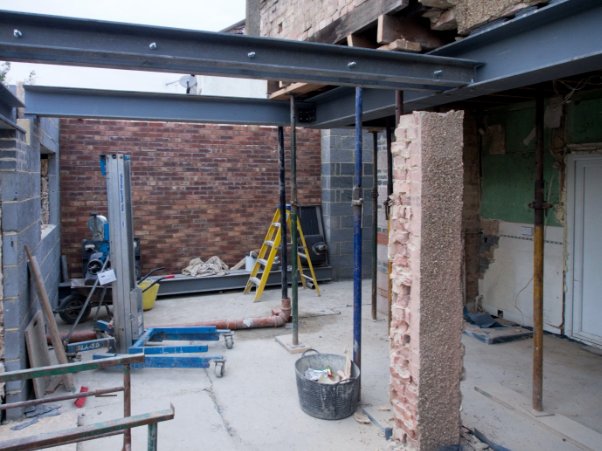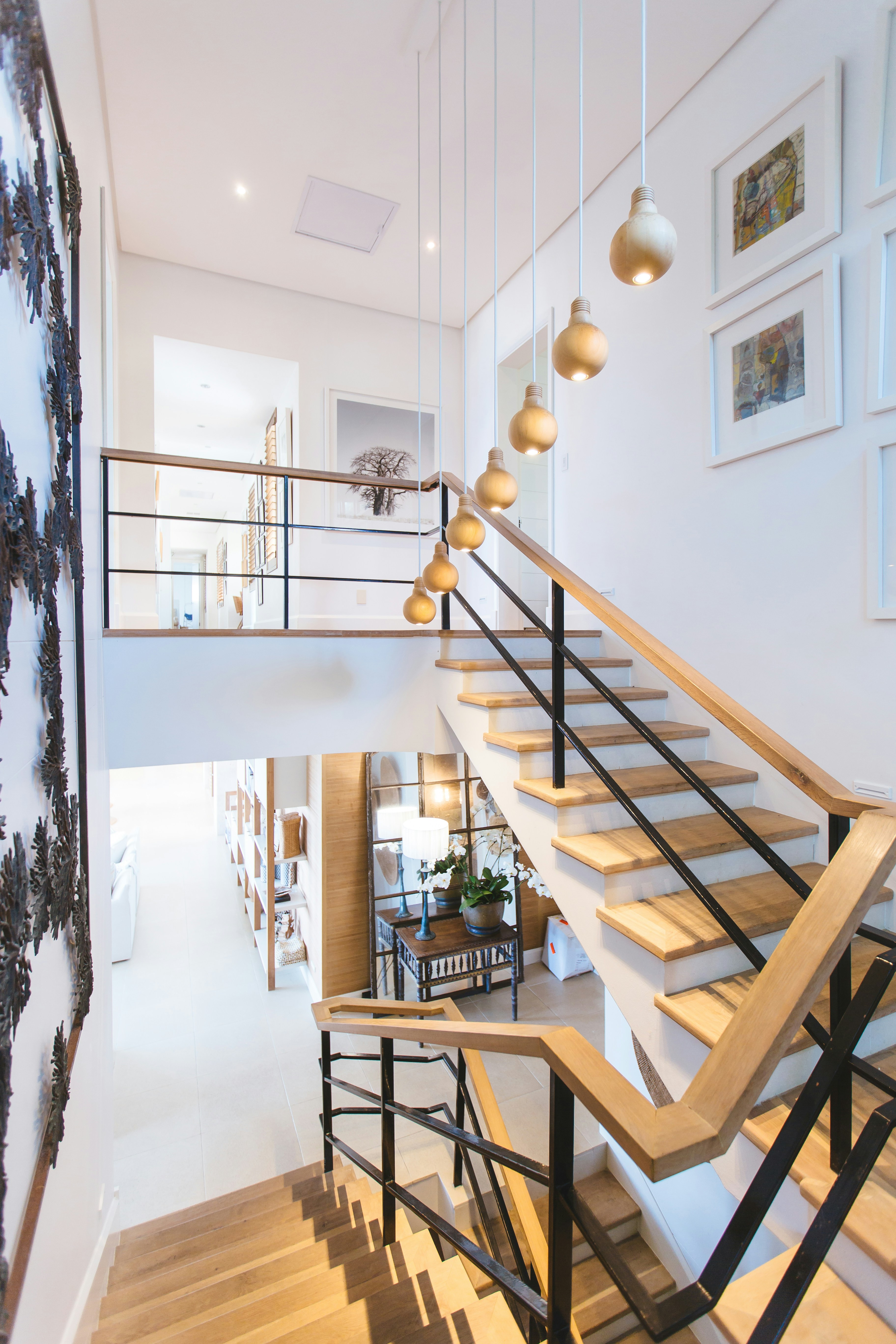When you make the monumental decision to purchase a house, it's typically not driven by thoughts of future resale. However, understanding that your home carries a value is crucial, and actively working to preserve and enhance that value can have long-term benefits. While it might not be at the forefront of your mind, maintaining a property's value is often achieved through consistent care, regular maintenance, and mindful attention.
The significance of maintaining your home's value becomes apparent when considering loans or mortgages. As the value of your home increases, the risk to lenders decreases. Should you decide to sell your property later on, a higher home value empowers you to command a better price in the market.
In the past, adding an extension has been a tried-and-true method for boosting property value. However, in the current landscape where material costs, production expenses, and living costs are on the rise, relying solely on this traditional approach may not be as fool proof as it once was. It's essential to explore alternative strategies to ensure your investment in your home's future remains strong and resilient.
What Sort of Extensions Add Value to a Property?
There’s a lot of different types of extension available for home improvements, from relatively simple conversions in the loft or garage, to single story rear extensions, or wrap-around extensions, as well as two story side extensions or internal adjustments such as loft or basement conversions – building an extension is a serious undertaking, and every stage of the process needs to be looked at and evaluated before you start.
If you’re simply looking to add value to the property, there are various additions that typically add more value than others, such as:
- Loft Conversions (which can average up to 20% value increase)
- Two Story Extensions (which can see around a 12% increase)
- Conservatories (which can average around 5 – 7% of increased value)
- Garage Conversions (which can increase the value on average by 10 – 20%)
However, location, community, housing style, and other external factors can play a role in determining these values, and they’re not the same across the country – where you live, what sort of neighbourhood you’re located in, what sort of amenities are surrounding the area, should all be considerations if you’re planning on creating an extension as a way of increasing the values.
Since 2020, there have been a higher number of searches on Google for ‘house extensions’ – the fact that this coincided with the COVID pandemic is hardly surprising, as people and families were required to isolate and stay at home.
Why Have the Costs of Extensions Increased Recently?
With growing lead time, and lengthening demands for work, prices of construction materials have rapidly increased in the last 18 months, which has naturally seen the price of extensions increasing in turns.
The price of construction materials rose in 11 of the 12 months of 2020, and the forecast for 2022 has estimated another 5% increase in construction costs.
Bricks, glass, wood, copper, cement – there are so many different types of material which need to be sourced, shaped, and set in place to create the perfect home extension, and this is just the starting point of the process.
Between surveys, creating an access point between the old property and the extension, handling internal structuring such as wiring, wall cladding, heating systems, there’s a massive amount of work.
For most extensions, the project will potentially cost around £1,350 - £2,250 /m2 (for internal space) so a 30m2 project would be estimated at around £40,500 - £67,500 but this figure will automatically increase by a further 20% (£8,100 - £13,500) once you add VAT, and there’s a whole list of costs you need to be prepared for, including:
- Architect Fees (generally around 7% of the total construction cost)
- Surveys (with costs ranging from £700 to £1,800)
- Planning Permission (if required, at £206 and a further £34 for follow-up requests)
- Structural Engineers (charging around £500 - £1,250)
- Building Regulations (priced as required)
- Lawful Development Certification (around £103)
- Party Wall Agreement (if required)
- Insurance (priced by project and personal liability)
- Fitting the Extension
These prices, again, can fluctuate depending on your location, and the cost of living in your local area (high-value areas tend to have much higher costs involved).
Before you get started, it’s a good idea to investigate and contact companies (such as builders, plumbers, etc) who are willing to work with you, give you clear estimates of the costs, and help you work out a manageable budget that meets your needs, as well as the costs of the job.
Is Creating an Extension a Good Move to Increase the Value of My Home?
It really depends on where your home is located, what the property value currently is, whether the cost of the materials, legal documents, and so much more.
Realistically, if you’re extending your home, doing it for your own benefit and needs is going to be an emotional investment that you can appreciate for the rest of your stay in the home.
If you focus solely on the value of the home and increasing that – then you’re going to need to make some comprehensive lists, that includes all the associated costs for every aspect of the job. You should also conduct a bit of investigation into your local area – what are the homes around you valued at? How popular is the local community? How does your home compare to houses in the local area that are up for sale, or have recently sold.
If you’re planning on creating an extension so you can rent it out, you’ll also need to look at upcoming legislation and bills such as the Rental Reform Bill which is making its way through the UK Parliament, so that by the time your extension is complete, you’ll not have to conduct potentially costly upgrades or alterations to stay compliant with legislative needs.
At the end of the day, the reason for creating your extension will be personal to you, and whether you’re looking to increase the value for resale, want to enjoy more space in your domicile, it will depend on your needs.
But taking the time to do a bit of research about your community, the prices of comparable homes, and looking at the costs of materials is incredibly important to make the best choices for your extension and increasing the value of your property – both emotional and financial.
Added: January 17, 2023 14:36:48





